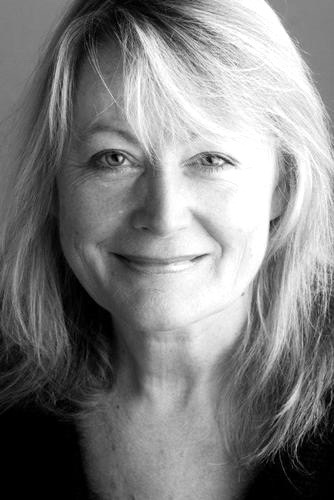I shall be reading from my about to be published novel, Blue Notes, Still Frames, (Ward Wood Publishing - http://wardwoodpublishing.co.uk/titles-fiction-colin-bell-blue-notes-still-frames.htm ) on Thursday the 12th January here in Lewes UK. If you can make it, it would be great to see you there.
I'm waiting neurotically for the printed copies to arrive and also for the Kindle edition to be published. Exciting times. This will be my second Brighton novel. My first, Stephen Dearsley's Summer of Love, was set in 1967, but, this time, it's in the year 1994. Here's the blurb that will appear on the back cover:
'Colin Bell transports us back to Brighton in 1994 for his second novel Blue Notes, Still Frames, with a full cast of characters drawn together through the music and photography of the title.
Busker Joe lives on the beach with his flute and his troubled Goth girlfriend, Victoria, who’s a singer. He borrows a bath towel for her from Rachel and Alan, a prosperous young couple from the rapidly growing world of computers. The meeting will change all their lives…and other lives too.
There’s Harry, a beach bum drummer; Nico, a transient American who takes revealing photographs of passers-by; Kanti and Diep, mysterious artist twins from Nepal; Lionel and John who reveal more than their bodies on the nudist beach; and pub landladies Jacqueline and Rosemary who top up their income by dabbling in the sex trade.
Joe is always there weaving more than melodies with his flute.'
The reading will take place at the Needlemakers in Lewes, the splendid quarterly literary event where I was invited to read from my first novel too. I'm lucky to be sharing the billing with a friend, the novelist and poet, Kay Syrad and science fiction author Matthew De Abaitua. It should be an entertaining evening.
Matthew De Abaitua is an Arthur C Clarke Award shortlisted author of science fiction. His second novel If Then is set in Lewes in the near-future and was written in the flat above the Needlemakers. Locus described it as 'full of magisterial weirdness, melancholy joy and hopeful terror. If I begin to toss out names like Adam Roberts, Brian Aldiss, and J. G. Ballard, I will not be lavishing undue praise.'
Kay Syrad's publications include a poetry collection, Double Edge (2012), two novels, The Milliner and the Phrenologist (2009) and Send (2015), which investigates pre-verbal experience; and Exchange, an art-text work with Chris Drury (2015). Her artist’s book work of the lightship men: 1000 tasks (2013) was bought by the National Maritime Museum. She is Poetry Editor of Envoi and co-founder of the VERT Institute for art events & writing in Laughton.
Before becoming a writer, Colin Bell worked as a TV producer-director and executive producer making arts programmes for ITV, Channel Four, the BBC and also for American, Japanese and German broadcasters. His first novel, Stephen Dearsley's Summer of Love (Ward Wood Publishing, 2013) was long-listed for the Polari Prize. His second novel, Blue Notes, Still Frames is due out in January. His poetry has been published in the UK and the USA where it has been nominated for the 2017 Pushcart Prize.




















































.jpg)

